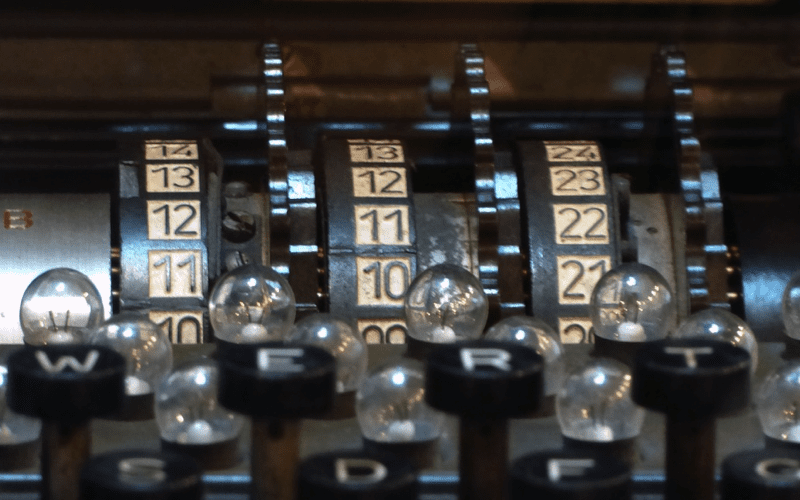Games of Chance: From RNGs to Live Casino
The shift of casino games to the online world might have seemed easy when you now consider the size of the industry today. You’d be mistaken if you believed that, though. The element of luck is the key part of all casino games and that’s something that would prove the first hurdle for developers to jump. Early computer programming was largely built around a binary system, so writing code to ensure true luck and chance would always prove difficult. However, using technology has played its part in warfare and espionage, amongst other uses, the casino industry managed to make its huge leap into the digital age. And all of that has led to where we are today. So, how did it all unfold and what did it take to make it possible?

Dice and Bingo Laying the Groundworks
Games of chance, as discussed previously, have been around for centuries. They have long fascinated the human species and provided entertainment to an endless number of civilizations throughout history. Out of these games developed the need to generate numbers at random and, ultimately, that’s where the humble set of dice found its market. It may seem limited now but the ability to find a random number between one and six was revolutionary for how people played their games. From then on, people looked to invent greater mechanisms that would allow for more numbers, true randomization, and retain the ease of use that dice boasted. These advances in technology, using mechanical computers to provide pseudo-random outcomes, were game-changing for both the entertainment industry and the wider world. While simple machines like lottery drawing terminals and bingo cages provided the gaming landscape with the random numbers it needed at the time, mechanical random number generators (RNGs) were able to infiltrate other, less-obvious areas.
During World War II, the Allied forces were blindsided by the Axis’ Enigma code. This code allowed the Germans to send encrypted messages based on a substitution cipher that used pseudo-random number strings in order to mix up the composition of the text. This proved to be difficult for British military intelligence, who devoted an entire department to work on breaking the code, with Alan Turing at the center of their efforts. Blood, sweat, and tears was poured into solving the encryption and they were eventually successful in doing so. Little would they know, then, that the sort of technology that was used to encrypt key enemy communication would go on to form the backbone of something that would be seen as trivial, a digital entertainment industry. Pseudo random number generators (PRNGs) are exactly what online casinos use now to ensure the fairness of the games they provide. According to Oracle, these use algorithms that build long strings of random numbers out of smaller strings known as seeds. In practice, they are entirely random and the long strings will decide the outcome of the game. However, due to the longer strings being algorithmically created from seed numbers, they could, in theory, be hijacked and predicted if the seeds were uncovered. And that’s where the live casino comes in.
PRNGs Not Needed: The Dealer Takes Control
While early casino games needed to use RNGs to ensure that their games were fair, advances in streaming technology have allowed the industry to return to its roots. Physical casino floors didn’t need advanced technology for real games of chance, given that the outcome of a game would be based on the physical event unfolding. A game of roulette, for example, is decided on exactly where the ball lands and this will always be an entirely random outcome based on the force of the spin, the ball’s trajectory, and even environmental factors in the building. Now, instead of creating a digital counterpart of these sorts of games, online casinos are streaming physical games with a real dealer, eliminating the need for RNGs behind the scenes of the games. This has led to a boom in studios offering live titles that are true games of chance.
As it stands, PRNGs and live casinos seem to be the only options for the online industry to ensure fairness. True RNGs are much harder to develop as they rely on the use of other physical variables to produce a random output. These could be radioactive decay or even noise signals that can’t be predicted. It’s hard to imagine that the entertainment industry would be looking to use these hardware RNGs due to the difficulty of managing them and harnessing their power for use in casino games. It will be interesting, though, to see if developments like blockchain and quantum computing will provide more scope for change going forwards.
